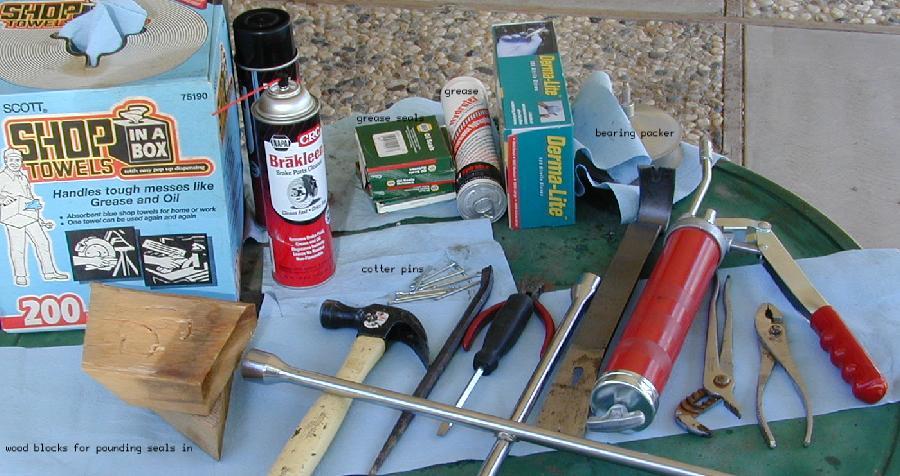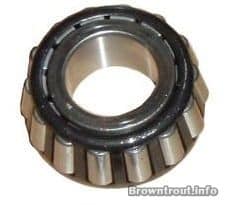

Beyond that, bad wheel bearings place extra strain on the hub and transmission which will reduce their efficiency and lifespan.Originally written by headhunter on 1:20 PM A wheel with a bad or worn-out bearing can seize at any time and stop turning which can lead to an accident.

What happens if I keep driving on a bad wheel bearing? Driving on a bad or worn-out wheel bearing is incredibly dangerous. If you’re unsure of how much grease to use, then contact us for service to make sure it’s done right. This churning pushes the grease out of the way of the bearings and leads to energy loss that will lead to higher fuel consumption while driving, and rising temperatures which will put more strain on the bearings and wheel system. Using too much grease for lubrication will cause it to churn when the bearings rotate while driving.

Contact us for service if you need to have any wheel bearings replaced! Can you over grease a wheel bearing? It is possible to over grease a wheel bearing. If the hub is too warm to hold your hand in place, then that’s the sign of increased friction in the bearings and they should be checked. It can also help to do a heat test by driving for 10-15 kilometers, and then placing your hand on each of the wheel hubs. If the bearing has gone bad, then it needs to be replaced. Best case scenario, the bearings only need some lubrication. How do I know if my RV wheel bearings are bad? If you hear noise coming from your wheels, then it is a sign of a bad bearing and it should be checked. Aside from lack of lubrication, the axel nut can lead to wheel bearing failure if it is on too tight or if it is too loose. Overloading can cause a lack of lubrication due to excess weight. Poorly lubricated wheel bearings cause excessive heat which damage the bearings and surrounding components. If you need to have your wheel bearings repacked, then contact us for service! What causes RV wheel bearings to fail? Most often, wheel bearings fail because there is a lack of lubrication. If the RV is not used for extended trips and these distances aren’t driven in a year, it is still recommended to have the wheel bearings repacked once yearly as letting RV components sit idle for long periods of time is not good for any of its components. Larger RVs should have their wheel bearings repacked every 15,000 to 16,000 kilometers. Smaller RVs should have their wheel bearings repacked every 3000-3500 kilometers. How often should RV wheel bearings be repacked? This depends on the size of the RV and how much it is driven. Rely on our expertise and experience to evaluate your wheel bearings and assist in the repacking or replacement process.
REPACK WHEEL BEARINGS ON TRAILER PROFESSIONAL
There’s a lot of moving parts in a vehicle and replacing your wheel bearings without a trained professional will definitely prove to be a difficult job. Repacking a bearing involves the removal of the wheel in order to clean and add grease to the bearing. However, as a constantly rotating part, the material in a wheel bearing slowly starts to wear down and needs to either get repacked or replaced. Wheel bearings help with friction-free rotation of the tires, rims, and wheels which contributes to smooth steering at both low and high speeds. If you’re not familiar with what a wheel bearing is, don’t worry, we are here to explain, educate, and also offer our wheel bearing services at Travel-mor Trailers.Ī wheel bearing is a set of steel balls that are held together by a metal ring and fits tightly inside the wheel hub. Ottawa RV & Trailer Wheel Bearing Service


 0 kommentar(er)
0 kommentar(er)
